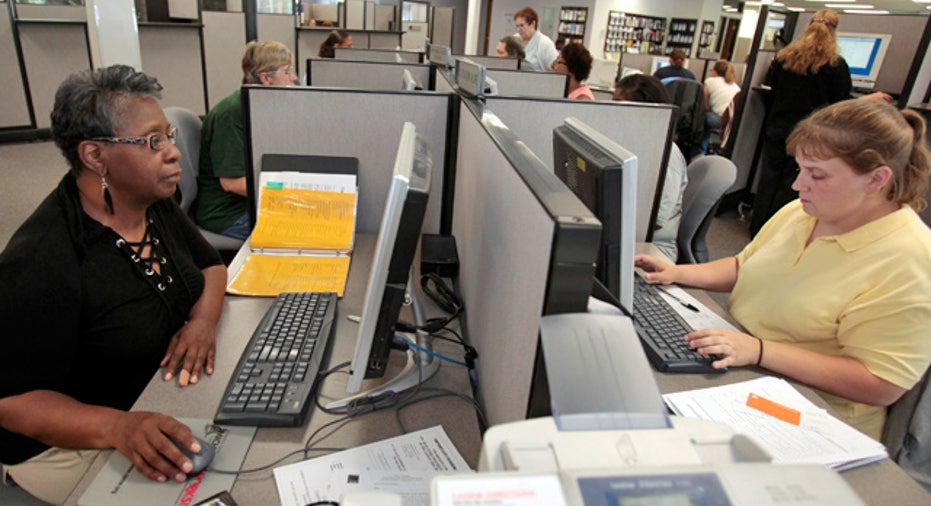Getting the Most From a Raise

Do you remember what you did with your last pay raise? If the answer escapes you, you're like many workers -- that extra 2, 3 or 4% was absorbed into your monthly expenses and you're living paycheck-to-paycheck, same as before.
Even in these difficult times, experts are still projecting an average pay increase of 3% for U.S. employees in 2012, according to the Society for Human Resource Management.
While it's true that pay raises of a few percentage points won't make a big difference in your standard of living, and that increased expenses can eat up a lot of your profit, you shouldn't let your pay raises disappear without a trace. Your increased income can actually make a difference if you follow a few simple steps:
Know your goals
What are you hoping to get from the larger income? Do you want to travel more? Buy a house? New car? Creating financial goals can help you better direct the additional funds -- say, into a savings account specifically earmarked for that purpose. An extra $50 a month over the course of a year can pay for a vacation; an extra $100 can produce your car down payment. Automatically siphoning increased pay into a separate savings account can get you in reach of your goals.
Pay your future self
You may be worried about whether you're saving enough for retirement; only 14% of workers are very confident that they are, according to survey results released in March by the Employee Benefit Research Institute. The rule of thumb for retirement savings -- 10 to 15% of your income -- can seem unattainable when you are saving a fraction of that (or nothing at all).
If suddenly saving 10% seems impossible, take it a point at a time. Making a change around raise time makes good sense, and it hurts the least. Add an extra 1% to your retirement fund at the same time your new, bigger paycheck is due, and you won't notice it -- at least not until you start seeing bigger returns in your IRA or 401(k).
Compare against increased expenses
Of course, it's not all free money. The cost of living also goes up -- sometimes dramatically, as you'll know if you've noted recent gas increases. And increased gas usually translates to higher food costs and other related expenses.
Know where your dollars are going, and if more of them are going to one area in particular. If your gas bill is higher than you're comfortable paying, and your income is not keeping up, you may need to learn new ways to save money on gas. Or it may be time for a bigger change -- either aiming for a new job with a jump in salary, an apartment nearer to work, or both.
Making thoughtful choices with your next pay increase can be the difference between watching your money disappear and watching it grow. Don't let your next raise vanish without a fight.
The original article can be found at SavingsAccounts.com:Getting the most from a raise



















